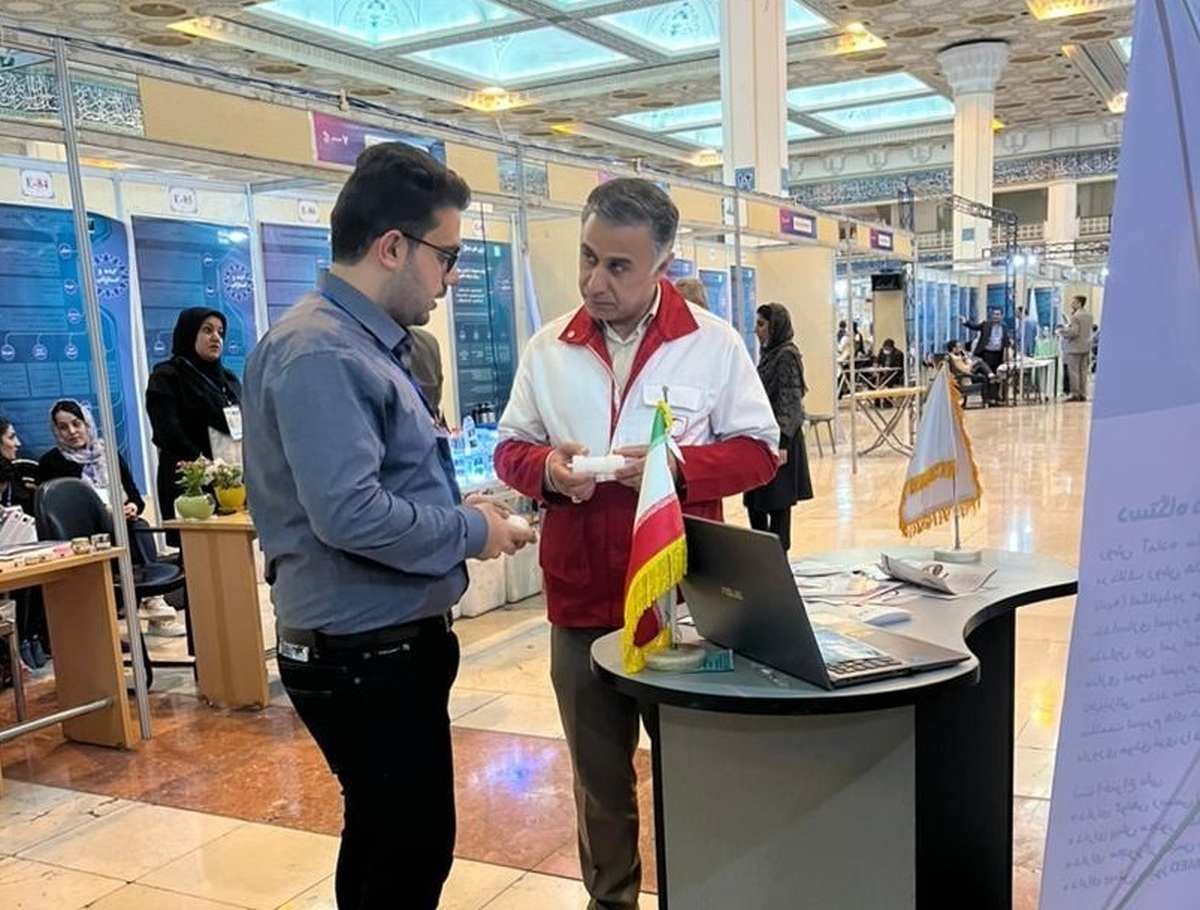Nanotechnology Comes to Streamline Work in Iranian Medical Labs

Nanofilters can noticeably help fast filtration of the blood, Mohammad Javad Sarvqadi told ANA on the sidelines of the Islamic Azad University's "second step of revolution" event.
Such filters are three to five centimeters long and can be used by medical centers right after taking blood samples for testing, he added.
The samples will be ready as soon as possible for medical diagnosis procedures, he noted.
Sarvqadi, who is the managing director of Nikzad Sarv Gostar Company, is studying medicine at the Islamic Azad University, Mashhad branch.
He pointed out that blood testing is nowadays the first and the most important method of diagnosis at medical laboratories.
In case of any problem in the preparation procedures, the blood testing results will not be accurate. New studies put the errors in the common methods of blood testing into a number of categories, including a long time for transferring the blood sample to the laboratory, the use of chemical substances, and the use of centrifuges that can harm the sample.
The Asreh Omid Event was held in Tehran's Mosalla from May 29 to June 01, 2022.
The event aimed to exhibit new achievements and products in the technological and innovation arenas in line with opening new windows towards strengthening the idea of creating ground for knowledge-based businesses at the 40th anniversary of the establishment of the Islamic Azad University.
Some 3,000 knowledge-based companies, laboratories, research centers, and startups took part in the Event.
Iran Nanotechnology Innovation Council has developed 915 products which are exported to 49 countries on five continents of the world.
Iran’s nanotechnology has obtained a fourth place in the world, led by knowledge-based companies and the Nanotechnology Innovation Council which is an entity under the supervision of the presidential office.
During the past Iranian calendar year (March 2021-March 2022), Iran gained 115 billion rials (about $370,000) from selling nano-products.
Among nano-products developed in Iran, 42 percent are related to construction, 17 percent to petroleum and related products, 13 percent to automaking, and 10 percent to optoelectronics.
4155/g





















